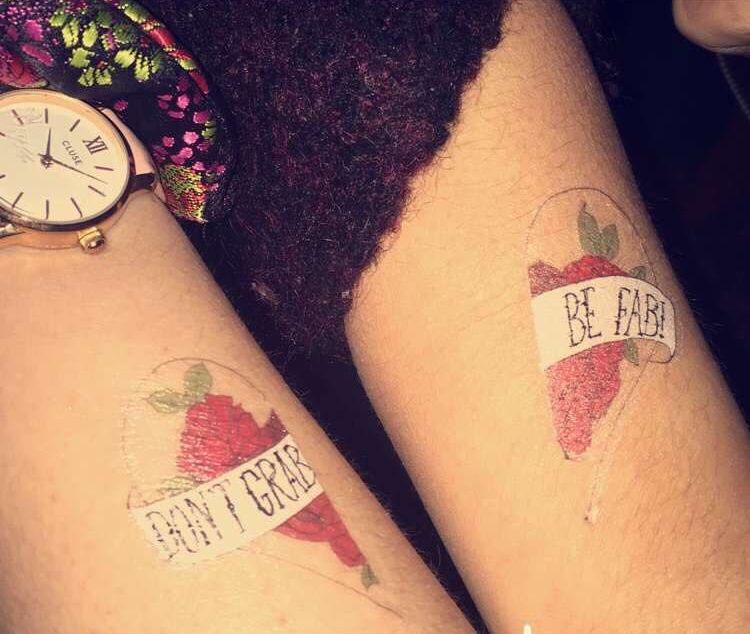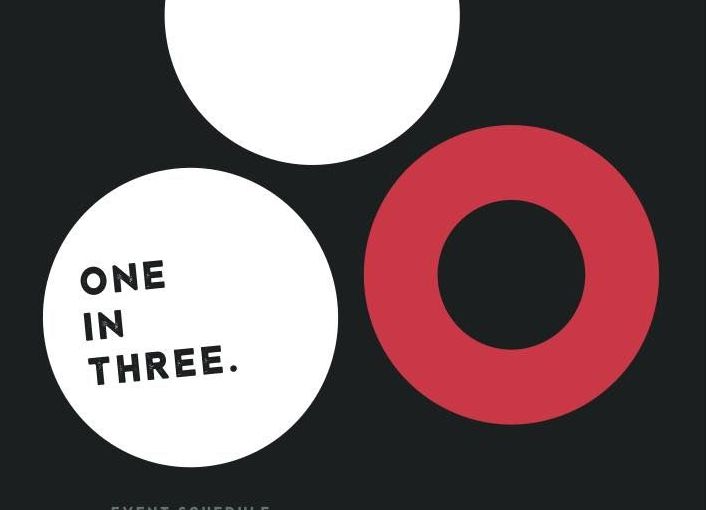
I campaigned to raise awareness of sexual harassment and was shook at the responses I got
One even said consent is a myth.
Since arriving at university, one of the things I have found most shocking is the amount of stories that I have heard regarding sexual harassment – even from those extremely close to me. Such as the time one of my friends came to me in the toilets crying her eyes out because a boy had put his hand down her trousers and then grabbed her with such force he had left scratch marks on her body, or the time one of my best friends cried and sat outside because someone believed they had the right to grab her in such a way that made her feel genuinely scared. But what was even more shocking was how many people were oblivious to the fact that what was happening to them was sexual harassment at all.
It is clearly a subject that is hard to define, what people see as wanted or unwanted attention differs from person to person, and it can be hard to distinguish between harmless flirting and harassment, but I met a lot of people who knew what had happened to them was bad and knew that they did not like it, but were willing to brush it under the carpet because they did not realise it was severe enough to be called harassment or assault. I thought it was an extremely important issue that needed to be discussed more, so got in contact with my Student's Union in order to volunteer to help with "One in Three" week – a week of campaigning to raise awareness of the issue of sexual harassment and how widespread it is on university campuses. This was something I felt very passionate about and, honestly, expected a positive response to what I believed was a positive cause. However, the response was not as positive as I anticipated.

The temporary tattoos we dished out to raise awareness in a fun way
At Toast, we tried to raise awareness of sexual harassment in a fun way by dishing out free temporary tattoos with positive messages and doughnuts to drunk people. The majority of students were positive towards us (although admittedly some were clearly there just for the doughnuts!).
But there were a group of boys who were openly laughing in our faces and insinuating that consent was a myth, and laughing about the concept of sexual assault in general. I was shocked that people could react in such a way to such a sensitive and important subject, and was honestly stumped that at this stage in our lives there were still boys with these juvenile beliefs.
The girl I was helping run the event with was dismissive of the comments, saying you have to expect it with campaigns of this nature – it's just immature misogynists. So, I brushed it off and continued to raise awareness to those who would listen. I thought it an isolated event – just a handful of immature boys. However, a few days later I looked at the 'Royal Hateoway' page and was shocked by what I saw.

The first post I saw was one that really upset me. It accused us One in Three campaigners of "trying to convince young women that thousands of them are going to be victims of sexual assault on this campus" and said that we "pollute this campus … and … should be ashamed." I was deeply hurt that anyone believed that what we were doing was harmful to girls in any way, because the whole aim of the event was to help victims of sexual harassment and help protect any more girls from becoming victims – it was never to scare. Seeing this post was one of the things that prompted me to write this article – to set the record straight. Campaigning for sexual harassment is insanely important! It does not convince young women that they will be victims, it is about giving those who are victims a voice, and attempting to reduce the number of those who do unfortunately become victims.
The name of the campaign itself – 1 in 3 – shows the severity of the issue, that one in three UK female students have been a victim of sexual harassment or sexual violence during their time at university – and that needs to change! And the only way anything changes in the world is if someone sets out to change it, and if a small campaign at a small university in Egham (AKA the backend of nowhere) even causes one singular woman to be more vigilant against sexual harassment, and prevent herself from danger, or give someone a voice and the confidence to speak up about what has happened to them, then the campaign has succeeded…(I would just like to highlight that the issue is not confined to female victims, males are also victims of this crime in many incidents).

Since this first post, numerous others have gone up onto Royal Hateoway. The main theme seems to be whether or not a 'rape culture' exists or not. Some have insinuated that the so-called 'rape culture' does not exist at all in that it is not an issue (I have tried to simply dismiss these comments), whereas the other more plausible argument seems to be that there is an issue but that it should not be named a 'rape culture' because this insinuated that it is a 'norm', and naturally everyone can agree that sexual harassment and sexual violence are not the norm. I think it is important to consider these views, and stop labelling it a 'culture' but at the same time acknowledge that there is a problem and it does need to be tackled. It doesn't matter what you call an issue, it is still an issue. What is important is how you go about fighting the issue.
I think that the main lessons to take from the campaign and the response received from it is that sexual harassment is an extremely sensitive subject and it means different things to different people. What some may consider harassment may not be what someone else considers harassment, but the campaign is not about twisting people's views on the matter, it is about raising awareness of the issue and displaying to young women that they do have a voice and they do not have to suffer in silence if they do become a victim. But, also that young women should be careful and not put themselves into any unsafe situations. The more people know about the issue, the more steps they can take to protect themselves from what THEY interpret as sexual harassment.








































